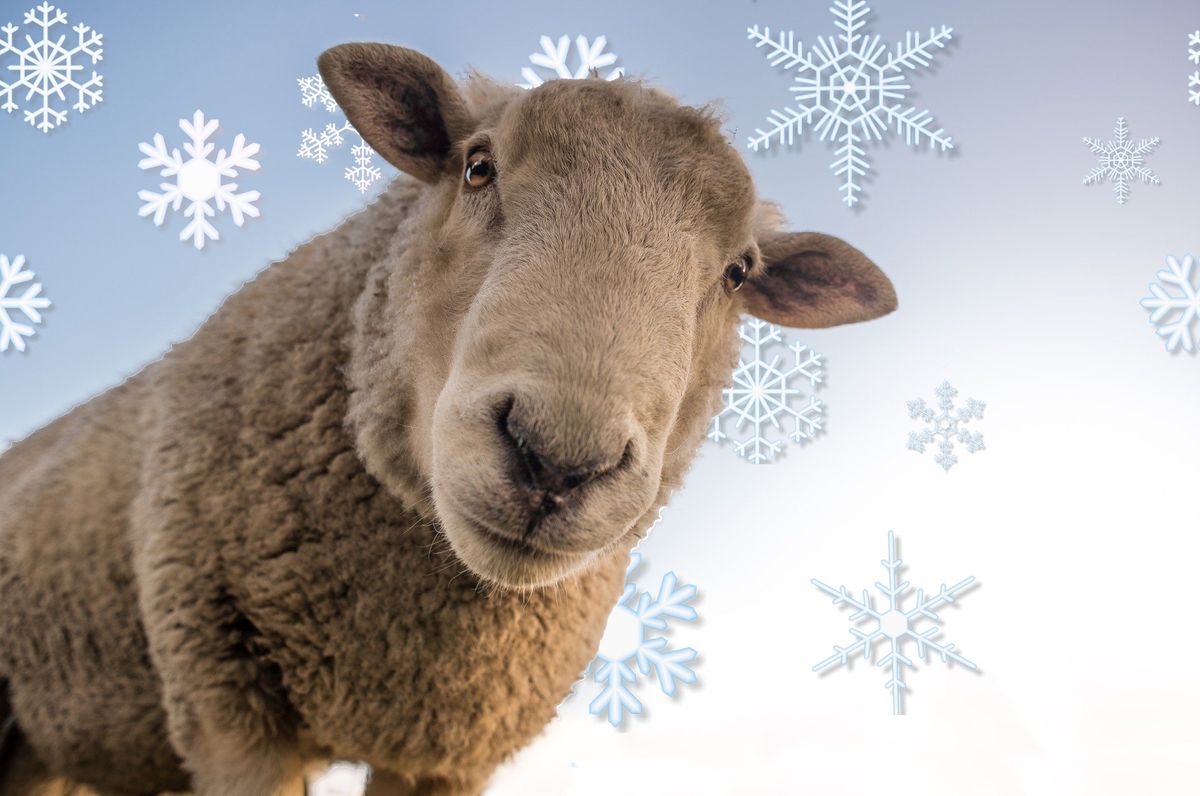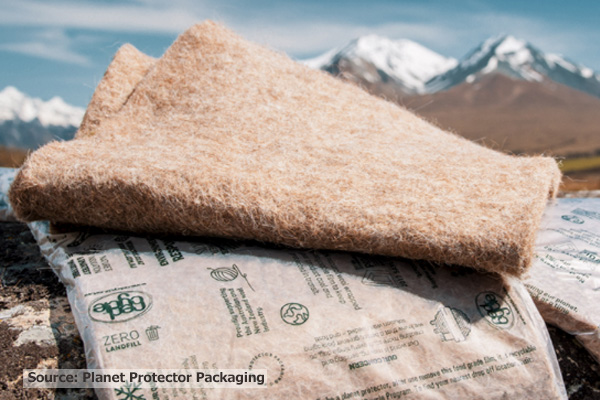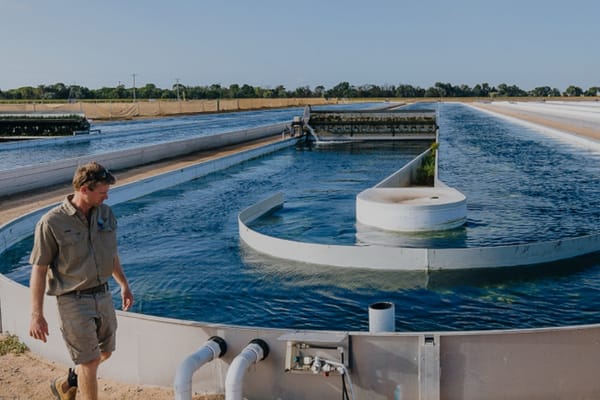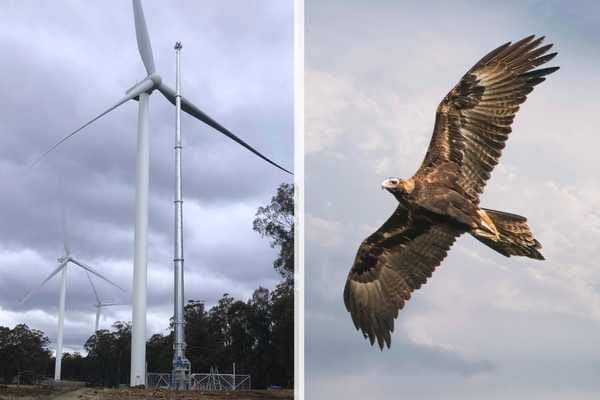Woolly thinking fills polystyrene gap
With polystyrene taking its final bow, could more natural solutions save the day for chilled deliveries?

Sheep’s wool keeps us warm, and it turns out it can also keep perishable things cold.
With polystyrene taking its final bow in many parts of the world, some more natural solutions are here to save the day for chilled deliveries.
The familiar white foam has been a staple in the delivery of white goods as well as the cold and frozen goods that go into them. With many cities and countries now phasing it out the world over, new solutions must step in to fill the breach.
Part of the problem with polystyrene is the fact that it’s impossible to get rid of the stuff, and it’s said to survive for 500 years in landfill.
This has led to it being banned some regions including Costa Rica, Honduras and various US cities and states, and it will also be banned in Australia at the end of next year.
Now manufacturers, takeaway food outlets, and meal delivery companies are seeking out packaging alternatives, some of which including corrugated cardboard and paper to keep things steady in transit, as well as bamboo, corn starch and even mushrooms.
But when it comes to temperature-sensitive products, few natural materials can match polystyrene’s ability – aside from the woolly fleece of a sheep.
So with this in mind, a couple of companies are stepping in to create solutions.
In the UK there’s Woolcool which manufactures insulated packaging for the transportation of temperature-sensitive goods.
Woolcool’s products are made from 100 per cent felted sheep’s wool which is washed in a natural process, scoured then sealed within recyclable industry grade micro-perforated polyethylene wrap.
"We have taken this wool, monetised and commercialised it, given it a ‘second life’ and generated a new income stream for sheep farmers."

Woolcool says its packaging products have been shown to keep food contents within various temperature windows, in chilled, ambient and cold chains, for at least 24 hours and in many cases, much longer.
Woolcool insulation is sealed in a breathable film which allows the ‘smart’ wool fibres to absorb humidity and condensation.
Another is a company called Planet Protector which is turning local waste wool sourced from Australian and New Zealand sheep farmers into an insulated packaging product called Woolpack.
“Our innovative Woolpack is made from 100 per cent coarse waste wool for which there are limited applications. We don’t want wool going to landfill,” the company says.
“We have taken this wool, monetised and commercialised it, given it a ‘second life’ and generated a new income stream for sheep farmers.”
Planet Protector says Woolpack has been shown to keep contents below 5°C for well over 24 hours and between 2°C and 8°C for 72 hours and beyond, which it says outperforms all polystyrene alternatives currently in the marketplace.
The tech
Wool is an incredibly smart fibre with a highly complex structure that enables it able to insulate extremes of cold and heat. The wool fibres can keep things cool due to their hygroscopic nature which means they absorb moisture from the air, minimising humidity and condensation to maintain stable temperatures.
Importantly, wool is also recyclable, reusable, compostable, biodegradable and compostable – and abundant.






